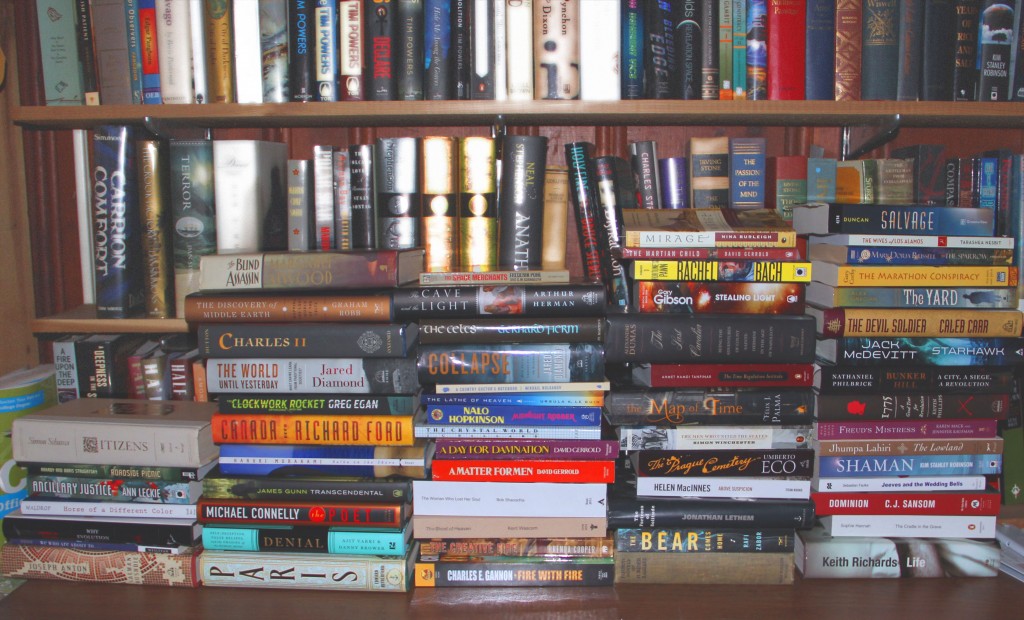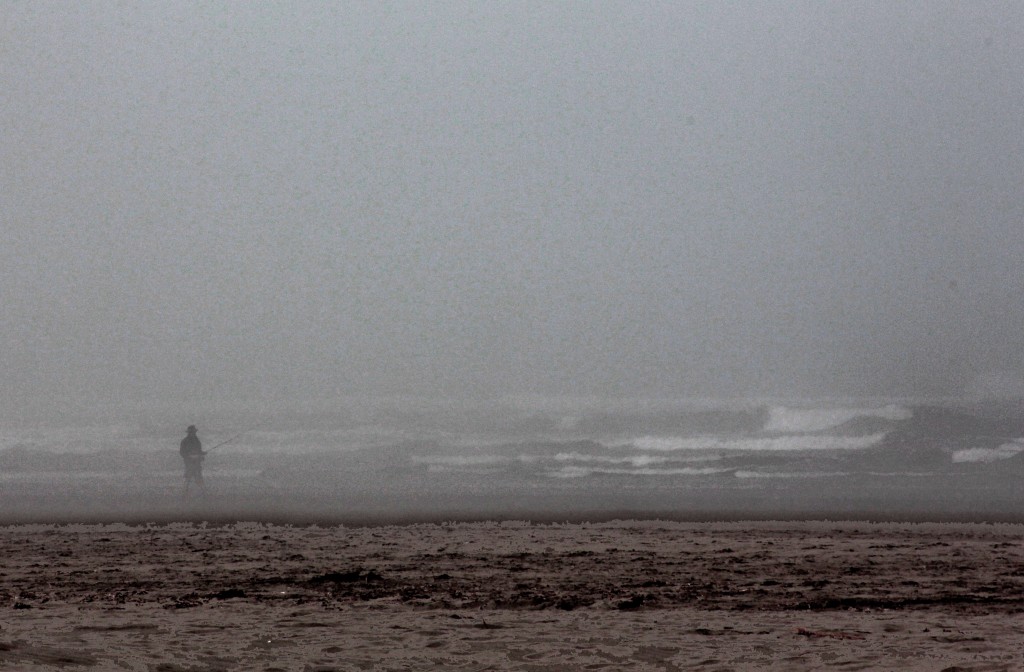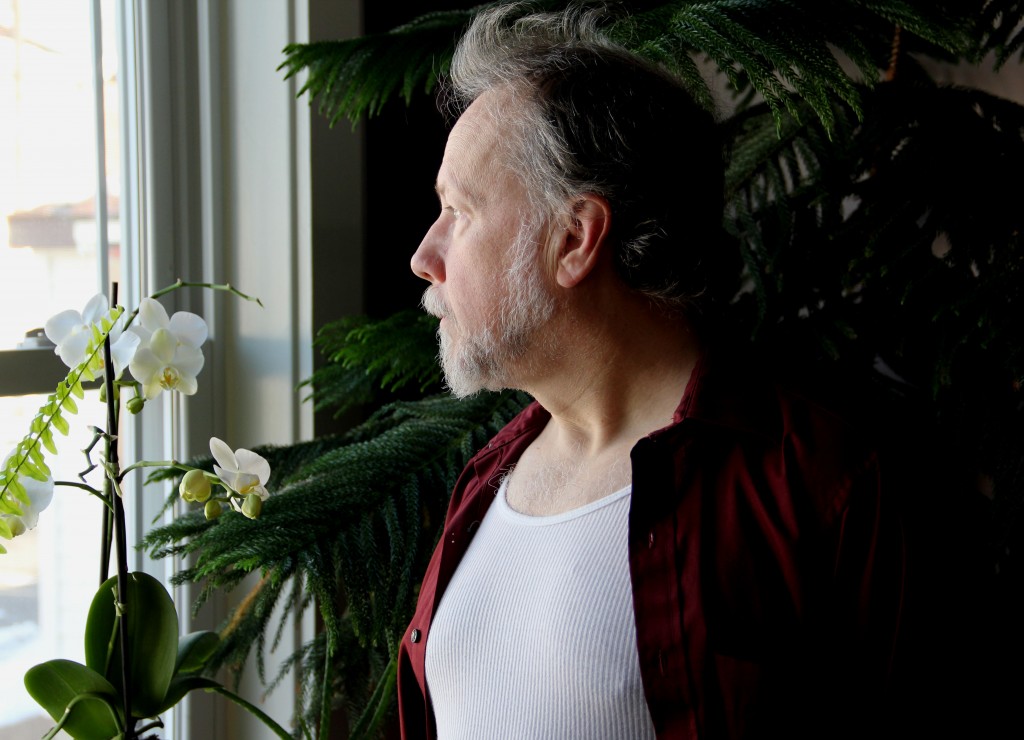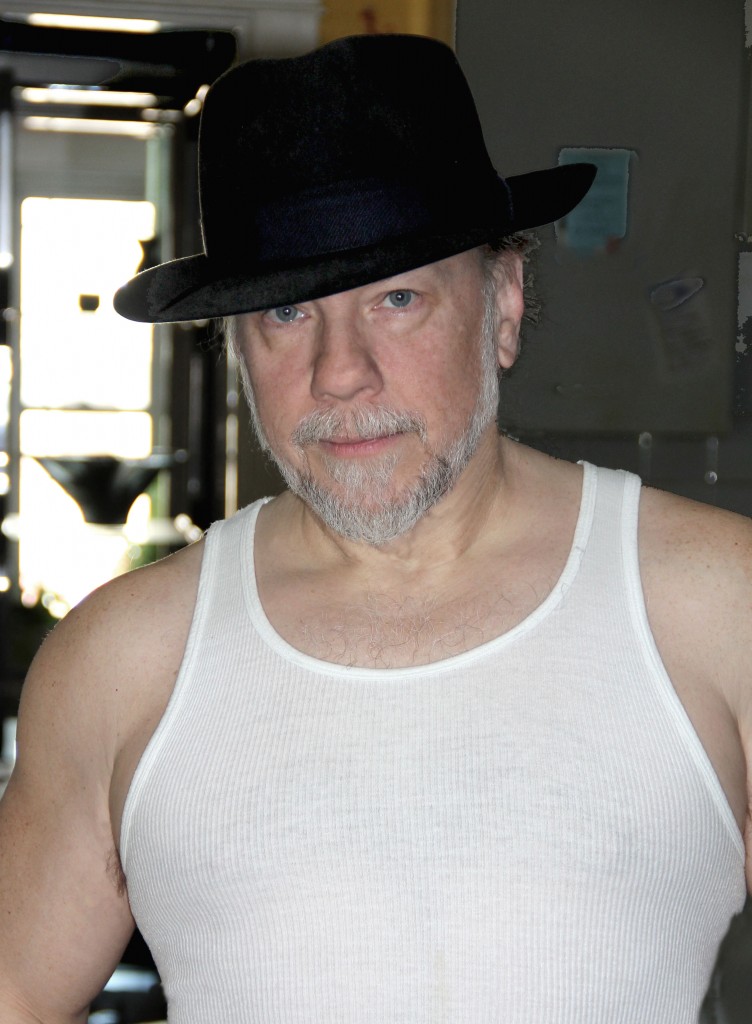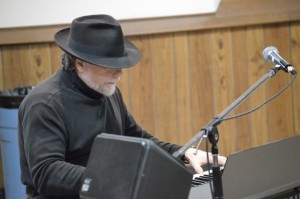I realize people don’t want to hear about your woes, not unless they’re amusing in some karmic way, or you have a manner of relating them that takes them up out of the pit of despond wherein the currents swirl in an effort to pull you down further. But life is a heady mix of things, both good and bad.
Let me start with the good, just to leaven the stew.
We’re alive, the meteor missed the house, and the dog is happy.
Well, now. On to the rest?
Last Friday I was due to be at work at two in the afternoon to prepare, with coworkers, for a Big Deal event for Left Bank Books. We were entertaining Melissa Gilbert at Maryville. Yes, that Melissa Gilbert, of Little House On The Prairie fame. Half Pint? Was that the character’s nickname? I wouldn’t know. I think I’ve seen three or four episodes, ever. Not my thing. (But to my chagrin, no one got my repeated references to Z’Ha’Dum, so maybe that evens things up.) Anyway, I had to stop by the post office on the way and do something else (I don’t remember now) and after that I turned onto Kingshighway to head north.
As I drove along I glanced to the right and saw a woman walking down the street, just past Ackerman Toyota, dressed in what I think of as “Dig Me” attire. She was attractive, seemed in good shape, and was certainly an attention grabber, painted on distressed and ripped jeans, tank top, long blond hair. I saw all this in less than an eyeblink and turned my attention back to the road.
Traffic was stopped at the light at Osceola, at the north end of the Charles Schmitt car lot. I stopped just shy of the entrance to said lot.
A moment or two later I heard a horrible squealing of tires, looked up to see a large pick-up bearing down on me, just time enough to think “Oh, shit” and brace for impact. Bam! Rocked the car, jostled me around, ruined my afternoon.  Naturally, just as this happened, the light turned green and the vehicles ahead of me moved on. A few seconds either way…
I got out of my vehicle. The trunk of my car…well, have a look: 
The truck that hit me was a Ram 1500. Appropriately named, I think. Two men got out, both in workmans attire (painter pants, t-shirts) and the driver had a panicked expression.
“In a hurry are you?” I asked.
“Not really,” he said.
Then I realized what had happened. “But she was awful nice to look at, wasn’t she?” I said.
He hesitated, then gave me a goofy, embarrassed grin. “Yeah, I admit it.”
Naturally, the young lady to whom I referred was nowhere to be seen. Not that it really mattered. He could have been trying to read a billboard for all it mattered, the fact was he hadn’t been paying attention to what was in front of his fairly rapidly moving vehicle.
   As you can see, it didn’t do much to his truck. Knocked the front license plate off.
  As you can see, it didn’t do much to his truck. Knocked the front license plate off.
His passenger called the report in on his cell phone. We pulled onto the lot so we didn’t block traffic. A mistake, I realized later, since it then took damn near two hours before a cop showed up to take the report.
The people at Charles Schmitt let me call my work to let them know I might be late.
At which point Kris and Jay appeared, as if by magic, to see what had happened. My bosses. They’d been on their way in and passed the lot and Kris said “Is that Mark?” Jay said, “I don’t know, was he wearing a hat?” They called Left Bank and found out about my call, turned around, and hung with me for a time until they absolutely had to go.
The event that evening was going to be awkward without me, but they assured me they’d handle it. After the police FINALLY arrived, I walked down to Ackerman Toyota to see about leaving the car there. We’re good customers. We’ve bought three vehicles from them (and will likely buy more) and get all our service done there, so no problem. I then called Donna, who was as it happened on her way home. She picked me up at Ackerman and took me to work.
No one had actually expected me to come in, but they seemed appreciative.
Now, I had just spent almost $600.00 on that car repairing the automatic window mechanism on the driver’s side. It’s probable that the car is now totaled, but we’ll see.
Yesterday I learn that the gentleman who hit me let his insurance lapse months ago. Wonderful.
This is some kind of cherry on the sundae of my year. I’ve had to replace me glasses. There were other repairs. My coffeemaker died. But several weeks ago I injured my arm at work. An annoying injury at the bicep that is taking a damnably long time to heal and when this guy hit me I apparently jammed that arm again and it now hurts about as bad as it did when I first injured it. It’s now Tuesday, though, and I have no other mysterious aches and pains, so I seem to have dodged the whiplash bullet. (I’m fortunate to be in as good a shape as I am, otherwise I might be more screwed up.)
The prospect of buying a new car is one of mixed emotions. I’d love one. But not just yet. We’ve had a year of unexpected expenses and more stress due to other factors which I would rather not discuss here, and things are…awkward. We were talking a couple more years before new car time for me. We really can’t afford it, but on the other hand you do what you have to.
I had two new books come out this year, of which I am very proud and happy. I would appreciate a bit more attention to them. A few reviews in the appropriate places wouldn’t hurt, a few more sales, etc. But all in all, that part is good. But if this is some kind of karmic realignment, I think I’m glad a new novel didn’t come out this year, I’m not sure I’d survive the balance of joss payments!
One thing of which Donna and I are extremely grateful is the number of good friends we have. They’ve been terrific, even in wholly unexpected ways.
But I would rather not have things happen that calls upon them to be as supportive as they have been.
In a few weeks I’ll be sixty. The mind boggles. Unrealistically, I’d thought things might be a little easier by now, and really, when I pull back from dealing with the daily nonsense, much of life is easier. It’s just that I don’t have as much energy to deal with it all as I used to, so it seems…well, more annoying, to be sure.
I picked up my rental this morning—a rather cumbersome Kia SUV—and the insurance adjustor has already looked at my old Corolla. I await his call to tell me what will be. Whatever it is, we’ll deal with it.
With a little help from our friends, who have been terrific. Thank you all.
So let me wrap this report up. Just letting you all know what’s going on.
Have a better day.
___________________________________________________________________________________
p.s. Well wishing and so forth are appreciated. But I’m perfectly serious about boosting the signal on the books. That kind of support would do some serious good anytime, but right now it would be balm to a sore psyché.
Gravity Box and Other Spaces
The Logic of Departure
Or, if you’re so inclined, give a follow on Twitter: https://twitter.com/MWTiedemann  That would be like a kindly Thumbs Up sent across the interweebs.

